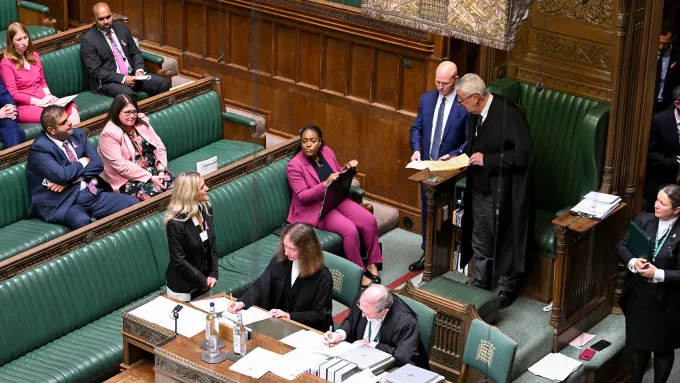
British lawmakers have voted in favor of legalizing assisted dying, marking a significant shift in the country’s stance on end-of-life care. Members of the House of Commons voted 330 to 275 to approve the Assisted Dying Bill, which allows terminally ill individuals with less than six months to live to choose to end their lives under strict safeguards.
Key Provisions of the Bill
• Patients must demonstrate mental capacity and receive approval from two doctors and a High Court judge.
• Only those with terminal illnesses and a prognosis of fewer than six months are eligible.The bill, modeled on legislation in Oregon, is seen as a middle ground compared to countries like Switzerland and the Netherlands, where assisted death is more broadly permitted.
Support and Opposition
Supporters, including terminal patients and public figures like Esther Rantzen, argue the legislation will bring dignity to patients and alleviate unnecessary suffering. They point to polling that shows strong public support for the measure.
Opponents express concerns about potential pressure on patients to choose assisted dying due to family or societal expectations and criticize the timing, citing an underfunded NHS and palliative care system. Labour MP Rachael Maskell has been vocal about these issues, urging a focus on improving the NHS before adopting such measures.
The bill now moves to the House of Lords and parliamentary committees for further consideration. If passed, the UK will join countries like Canada, Spain, and Australia in permitting assisted dying.








